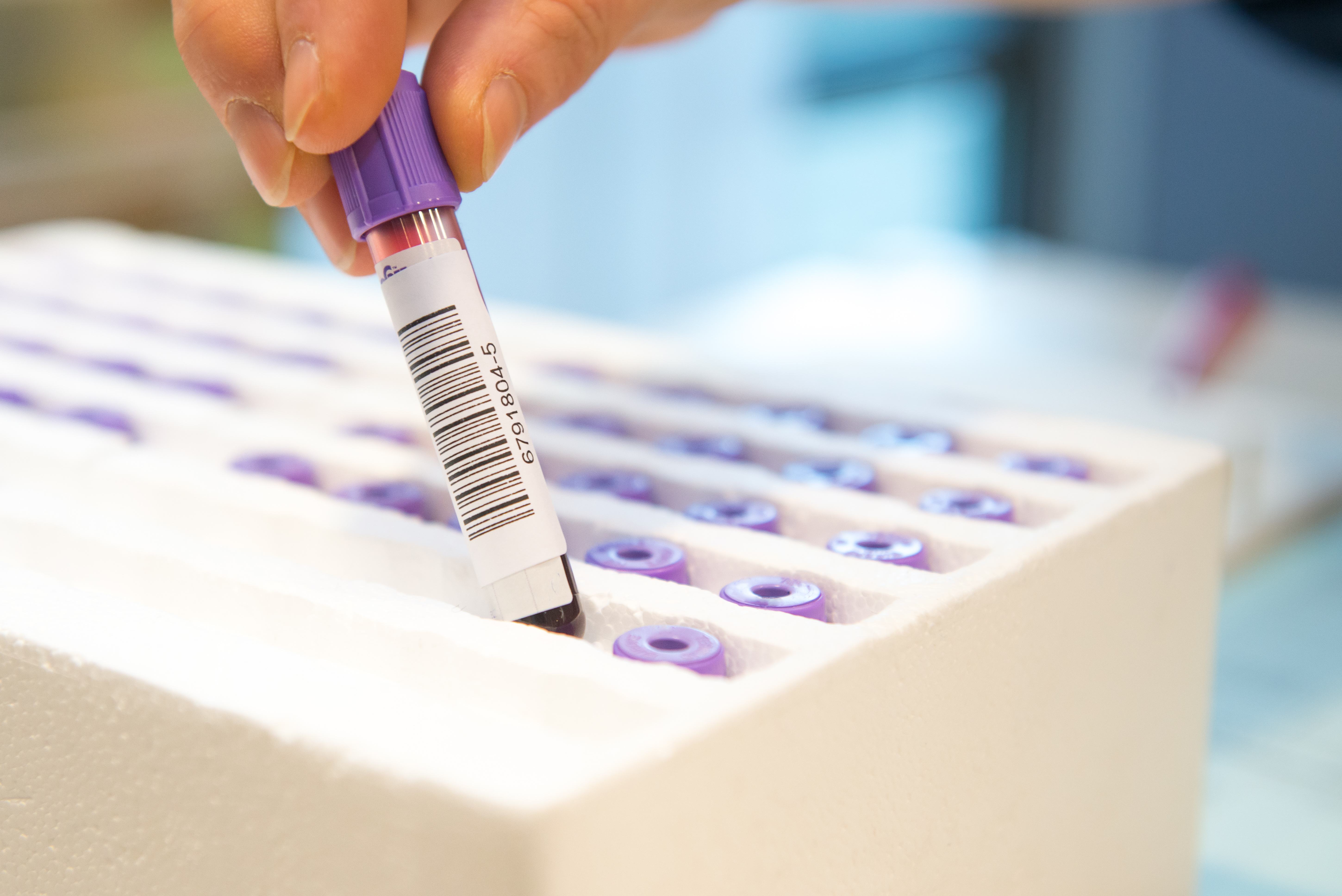Infection and vaccination against SARS-CoV-2 help build population immunity against the virus. This immunity in the general population is an important factor in vaccination strategies.
Although immunity against a pathogen does not consist of antibodies alone, the simplest strategy for assessing immunity is to carry out serum epidemiological studies, i.e. quantify specific antibodies against the virus on a representative sample of the population. So far, most serological studies performed after vaccination against COVID-19 have focused on specific population groups, including healthcare professionals, who are not representative because they are on the front lines of the virus.
Other studies, conducted in other population groups, did not distinguish between participants who had or had not had a previous infection, or had not collected clinical and immunological data on the infection, explains lead author, Manolis Kogevinas, researcher at ISGlobal.
–
I study it is conducted on 1,076 people between the ages of 43 and 72 and therefore concludes, not surprisingly, that the type of vaccine, age and mental health are factors strongly associated with the levels of antibodies against COVID-19. Research confirms that hybrid immunity (vaccination plus infection) is more robust and long-lasting. Data analysis of these COVICAT cohort participants, 6 months after the start of a vaccination campaign wave, aimed to monitor the level and type of antibodies directed against 5 virus antigens: the Spike (S) full protein. length, RBD receptor binding domain, S2 fragment, full-length nucleaspid (N) protein, or N-terminal fragment. Using medical records, the researchers were able to identify the factors that determine the extent and duration of the antibody response in unvaccinated, vaccinated or vaccinated and infected individuals. The analysis reveals that:
- in 36% of people infected but not vaccinated,
antibodies are no longer detectable 1 year after infection,
especially in people over 60 and smokers.
- On the other hand, vaccination made it possible to induce significantly higher levels of antibodies in people who had already had an infection than in those who had not had a previous infection; these antibody levels appear to be strongly associated with the extent of the response during infection.
Taken together, these findings underscore the importance of vaccination, even in the case of a previous infection.
-
Hybrid immunity is superior and longer lasting:
this clearly means, for vaccination campaigns, that people who have been vaccinated but who have not been infected would need an early vaccination.
- The factor most strongly associated with the antibody level is the type of vaccine used: Moderna’s vaccine thus generates the highest antibody levels, although other factors also seem to play a role, including certain age, but also mental illness. .
“The association between mental health and antibody responses requires further research, but people with conditions such as depression, chronic stress or schizophrenia are known to have, in general, a lower response to vaccination.”
–


